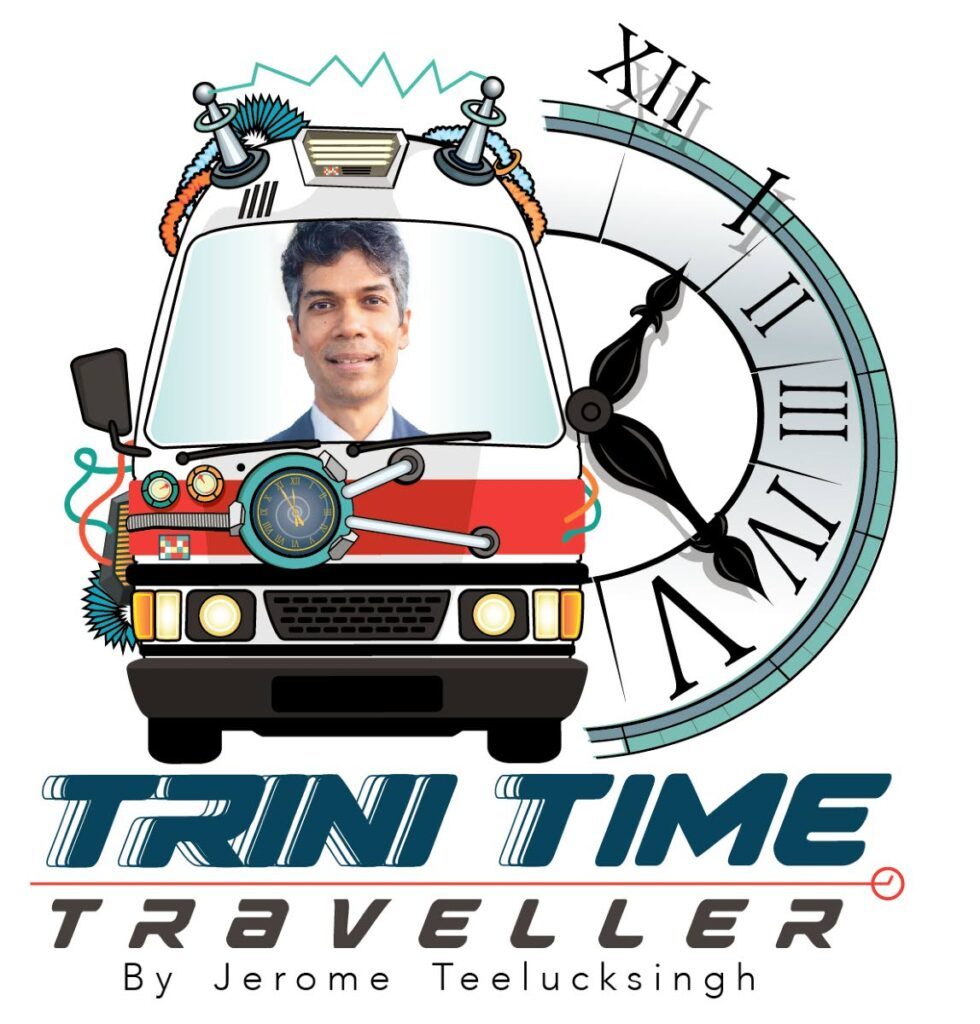Rise of a Caribbean empire

Jerome Teelucksingh
ONCE AGAIN Caribbean athletes have made their presence felt at the Paris Olympics. Citizens in the Caribbean and among the diaspora have always earned admiration, recognition and excellence in many spheres of activity.
There are no rigid laws or theories to disqualify the Caribbean civilisation from being classified as an empire. Many of us tend to associate the word "empire" with a mighty, powerful country or civilisation.
Some people would ask: What would be the criteria in defining a region or country as an empire? Is it the size, the population, amount of resources, achievements of the citizens, or military conquests?
Empires are not created overnight. Some have been planned and others occur by accidents of history. Some empires have fallen, some are forgotten, while others are still being researched. Their achievements, downfalls and leaders are etched into the public’s historical memory.
Some of us are aware of those who created and controlled vast territories, such as the British, Roman, Inca, American or Spanish empires. Some would be familiar with the evolution of areas as the Maurya, Byzantine, Babylonian, Qing or Ottoman empires.
It would be difficult for some people to readily accept the term "Caribbean empire." Two questions that can be asked: How can the Caribbean be accurately defined? Can we use the term "empire" to describe the Caribbean?
Owing to major limitations such as language barriers, smallness in size and being geographically disparate, some people will never fully embrace the concept of a Caribbean empire.
The Caribbean has shown similarities and parallel developments with other areas of the globe. The early Caribbean settlers – Saladoids, Tainos, Kalinagos – were similar to other indigenous groups, such as New Zealand’s early hunter-gatherers. Many of the agricultural practices of the pre-Columbian peoples were also strikingly similar to the Maoris. Likewise, the belief systems of these Caribbean inhabitants were similar to those of other cultures such as the natives of Hawaii.
The displacement of millions of the Caribbean’s First Peoples was not a unique phenomenon. The European settlement of Australia resulted in a similar displacement of millions of Aborigines, who were relocated from fertile lands and water sources.
In the post-1100 era, the conversion campaigns of Christian Europe against the Muslim countries of the Middle East were similar to what the Caribbean faced from 1492. In the Caribbean there was no spread of religious ideas, such as the spread of Buddhism in the Far East.
In the late 14th century in China, the overthrow of the Mongols resulted in the emergence of the Ming dynasty, with its founder Chu Yuan-chang (1328-1398). There were rebellions and rural distress during the Ming period. China had aggressive expansionist campaigns in the 15th century. This continued under the Ch’ing dynasty.
Iran under the Safavid and Qajar dynasties experienced the expansion of frontiers and embracing Shi’ite Islam as the country’s major religion.
This continued in other parts of the world. In the 18th century, the Ottoman army and navy were also a formidable force. The Choson dynasty in Korea resisted the Japanese invasion in 1592. And Japan’s rule of Korea resulted in a liberation movement and divisive war.
During the 15th-18th centuries, the Caribbean was also on the receiving end of rebellions, expeditions and campaigns.
The network of railroads and architecture that were constructed by the conquerors across Europe, Asia, Africa and Australia were also part of the Caribbean landscape. Various aspects of the Caribbean have ensured the region could be deemed an "empire."
A cursory overview gives the impression that the Caribbean never produced mighty conquerors and personalities as Genghis Khan, Alexander the Great, Saladin the Muslim warlord, Julius Caesar and Hannibal.
However, this is a misleading view. In the Caribbean there are countless and often forgotten people and organisations who fearlessly fought against slavery and indentureship and vehemently opposed colonialism and imperialism. Many of their names are neither recorded in textbooks nor remembered by the present generation.
The TT-born novelist VS Naipaul, in The Middle Passage (1962), bluntly stated, “History is built around achievement and creation; and nothing was created in the West Indies.”
This controversial statement is not accurate. Indeed, the story of the Caribbean empire is one in which people from different ethnic, religious, geographical and class backgrounds have contributed to the region’s tapestry and diverse building blocks.
Certainly, the cultural progress, innovations and achievements have made the Caribbean worthy to earn the title "empire."
Undoubtedly, determining if the Caribbean empire exists and is progressive will evoke interesting discussions and debates.


Comments
"Rise of a Caribbean empire"